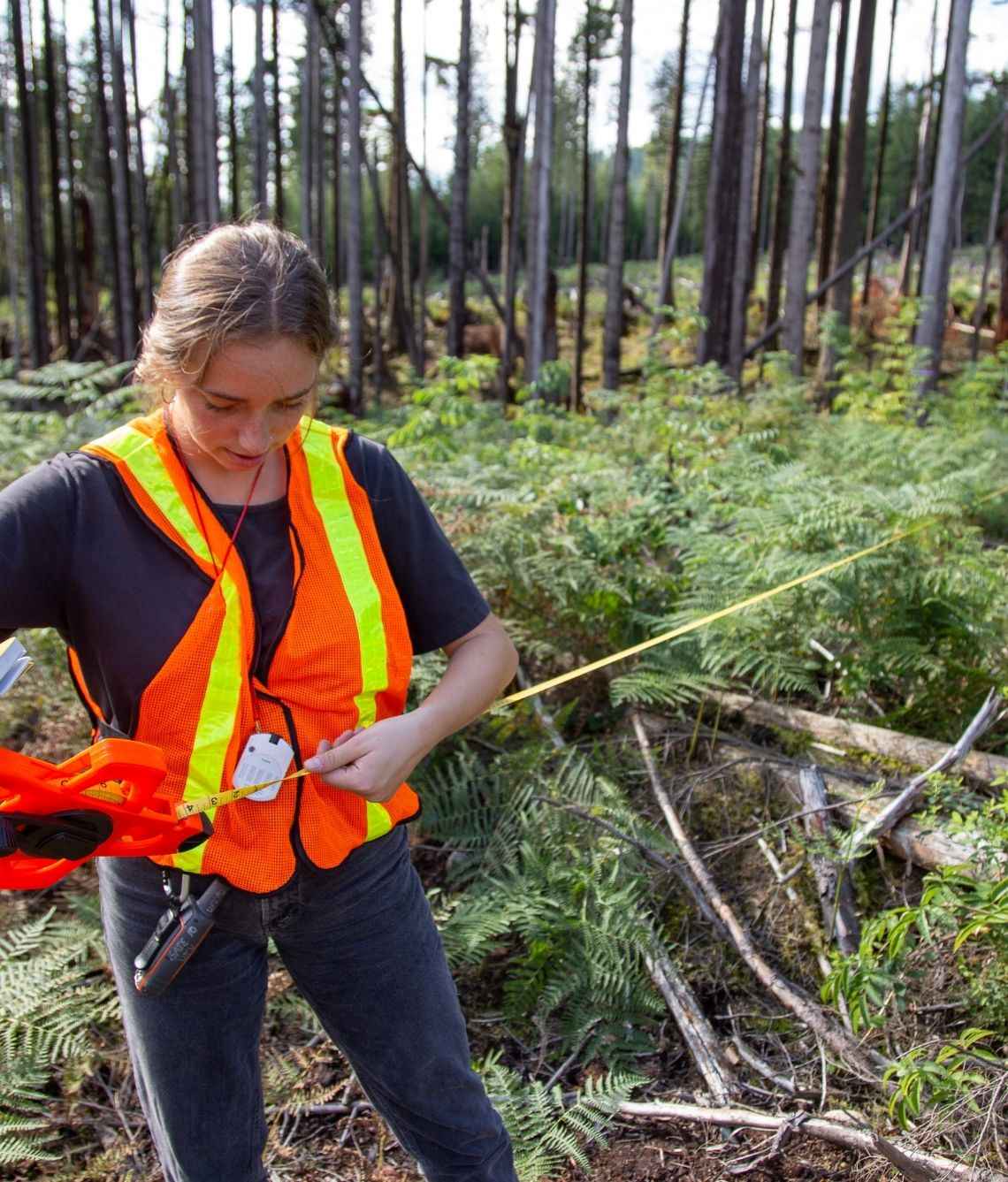Tackle environmental problems with the tools of science

How can we build a sustainable society where both humans and the environment can thrive? To answer that question means drawing on the latest concepts and tools in natural science, economics, environmental studies, and creative problem-solving.
UFV’s Bachelor of Environmental Studies (BES) (Natural Sciences) will prepare you to tackle complex environmental problems through a broad program of study that emphasizes the natural sciences. You will graduate ready to work in a range of environmental professions – including environmental science – within Canada and abroad.
The four-year, full-time, 120-credit BES (Natural Sciences) is designed to address needs within the Fraser Valley, including initiatives related to agriculture and food security, climate change, land use planning, environmental communications, bioregional identities, and ethnoecology.
Through lectures, seminars, field studies, and laboratory work, you will gain knowledge of environmental issues, recognize how the environment impacts human health and safety, and learn how to apply this knowledge at both the global and local level. As part of the program, you complete a practicum (in Canada or abroad) or a cooperative work placement.
Career Outlook
As a graduate of the UFV Bachelor of Environmental Studies (Natural Sciences), you are able to take on a variety of careers in environmentally-focused fields, as well as in non-environmental fields. You may find work in environmental science, business, technology, and product development, natural resources management, environmental health and safety, water quality management, policy development and planning, sustainable urban planning, power generations systems management, climate change.
According to WorkBC, occupations in the environmental field are expected to provide 13,550 job openings by 2025 and have an average hourly median wage of $32 per hour. Across Canada, environmental employment is expected to be one of the fastest growing job markets.
Demand is especially high for environmental health, physical and life science professionals, conservation officers, urban and land use planners, and post-secondary teaching and research assistants.
